20 Foods With More Protein Than Eggs – Part 2
According to the United States Department of Agriculture, the United States produced an astounding 279 table eggs per person in 2018, a record high (USDA). Assume, though, that you are not an egg person—or that you are vegan, or that you are an egg eater who is just trying to increase the variety of proteins in your diet. As it turns out, there are several higher-quality sources of this essential macronutrient available, including traditional animal proteins such as meat, dairy, and seafood, as well as a wide variety of plant proteins such as beans and legumes. Here is a list of 20 foods that have more protein than eggs.
In the average American’s diet, eggs are synonymous with protein. With six grams of protein per large egg and seven grams per extra large egg, it’s easy to see why we rely so heavily on the affordable, versatile chicken egg. According to the USDA, the US produced 279 table eggs per person in 2018. (USDA).
But what if you don’t like eggs, or you’re a vegan, or you’re an egg eater looking to diversify your protein intake? There are plenty of richer sources of this essential macronutrient, including meat, dairy, and seafood, as well as plant proteins like beans and legumes. These 20 foods have more protein than eggs.
Click here for Part 1: http://lavyon.com/20-foods-with-more-protein-than-eggs-part-1.html
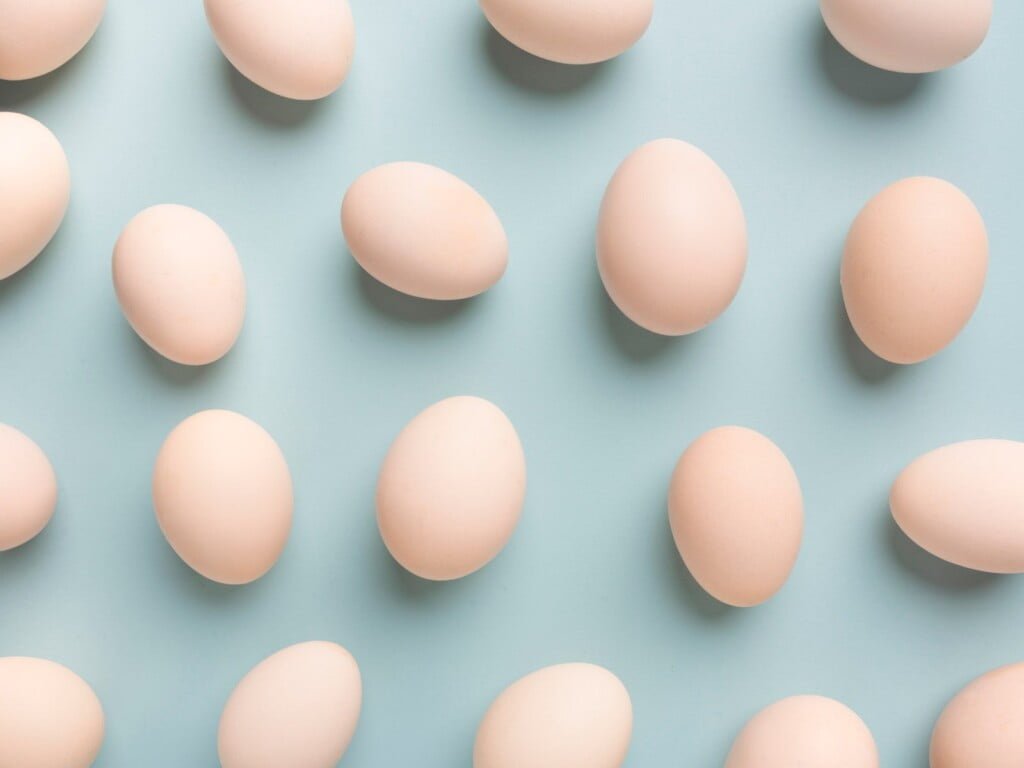
In the average American’s diet, eggs are synonymous with protein. With six grams of protein per large egg and seven grams per extra large egg, it’s easy to see why we rely so heavily on the affordable, versatile chicken egg. According to the USDA, the US produced 279 table eggs per person in 2018. (USDA).
But what if you don’t like eggs, or you’re a vegan, or you’re an egg eater looking to diversify your protein intake? There are plenty of richer sources of this essential macronutrient, including meat, dairy, and seafood, as well as plant proteins like beans and legumes. These 20 foods have more protein than eggs.
11. Cottage cheese (12 grams of protein per 1/2 cup serving)
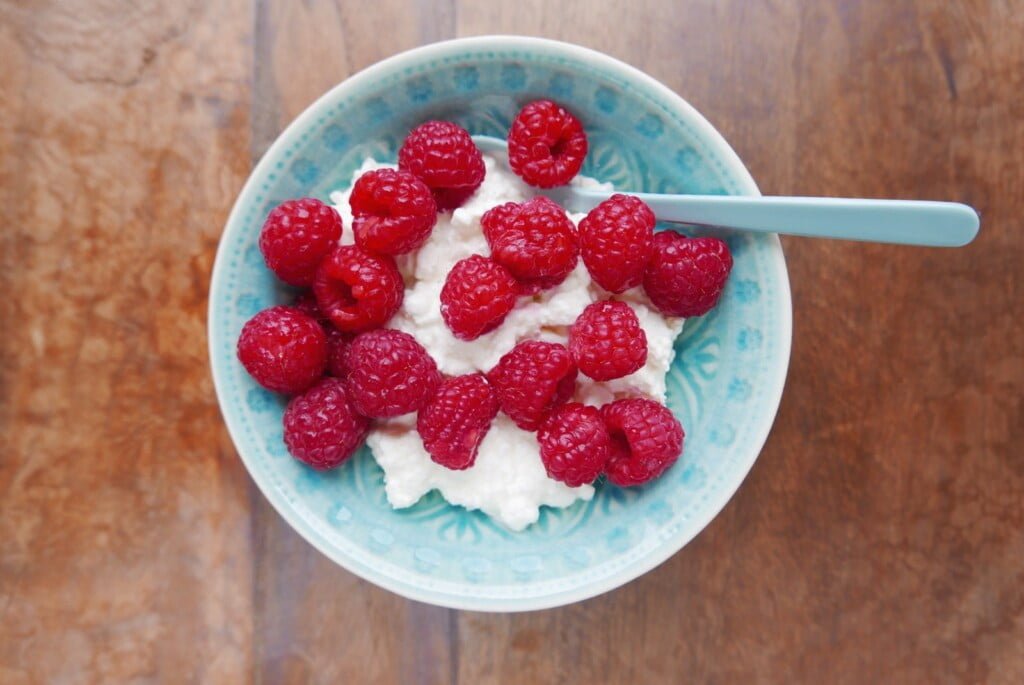
Instead of eggs for breakfast, try a bowl of cottage cheese, which has about twice the protein per serving as an egg. The little cups are great for on-the-go, and the ones with fruit are especially tasty.
12. Hemp seeds (10 grams of protein per 3 Tbsp. serving)
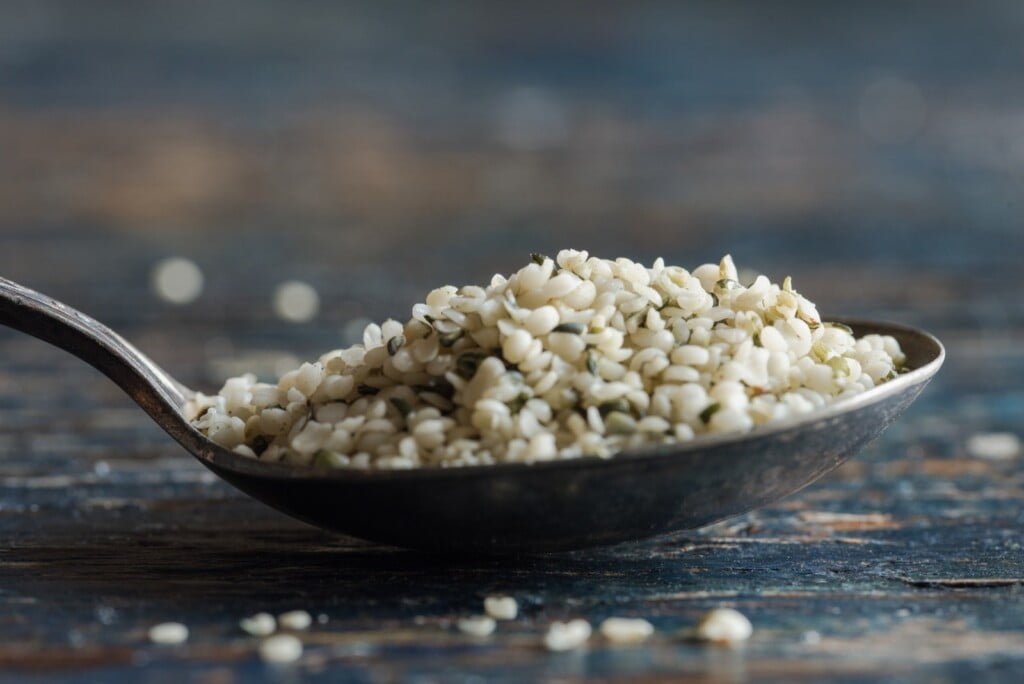
Hemp seeds are a treasure trove. They are bursting with vitamins and minerals, as well as protein and fat. A serving provides 20% DV iron, 45% DV magnesium, 35% DV phosphorus, 25% DV zinc, 45% DV copper, 100% DV manganese, and 25% DV thiamin!
13. Lentils (9 grams of protein per 1/2 cup serving (cooked))
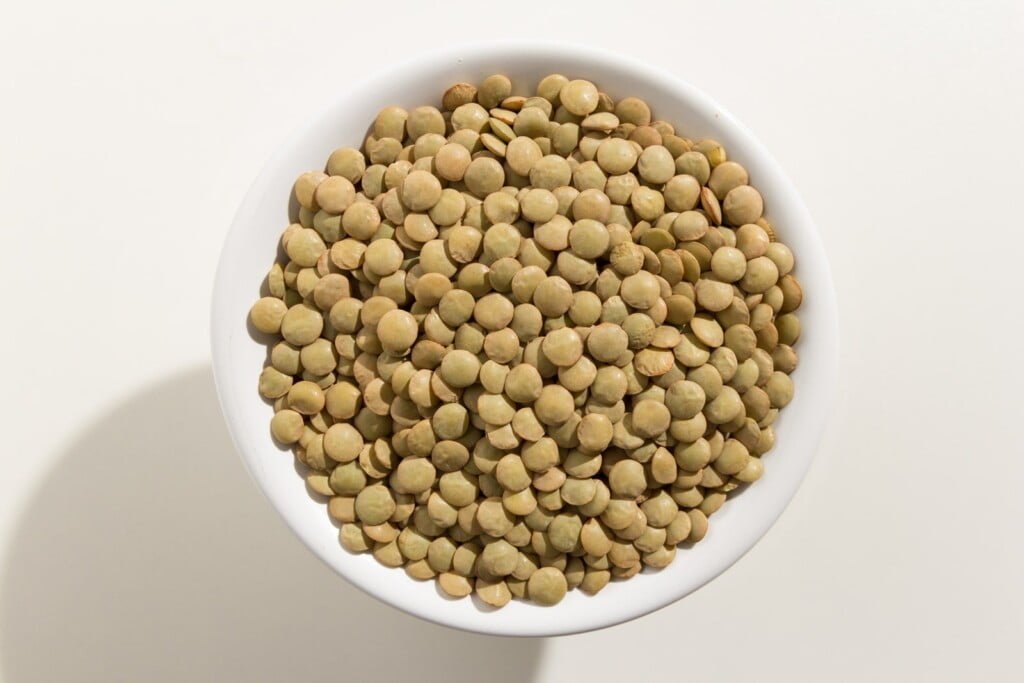
This powerful legume is high in protein and fiber. Brown, green, French, red, and black lentils are among the many varieties available. Lentils are easy to cook, but you can also buy them cooked and canned.
14. Tilapia (21 grams of protein per 3 oz. serving (cooked))
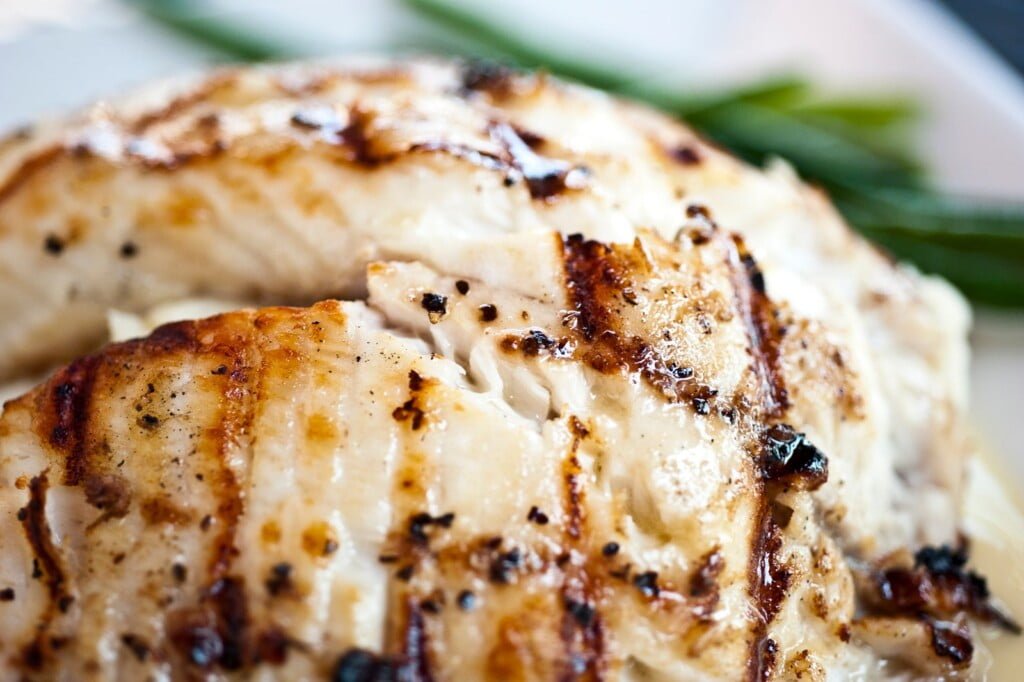
Tilapia is another great sea protein source. The tender, mild white fish has wide appeal. Make a sandwich, bake it on parchment paper, or use it in a fish stew.
15. Greek yogurt (20 grams of protein per 7 oz. container)
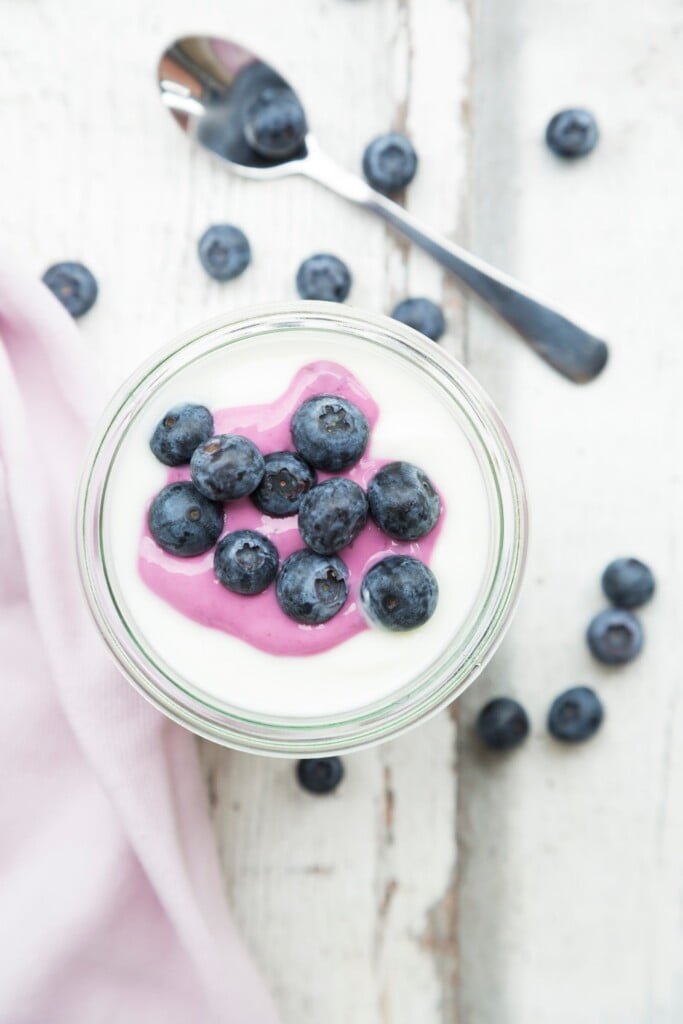
We’ve never looked back since Greek yogurt took over the dairy aisle. The creamy full-fat and reduced-fat versions are the best, but all are protein-rich. Assemble your parfait with fresh fruit and granola.
16. Tofu (8 grams of protein per 3 oz. serving)

While there are many new meat substitutes available, tofu remains a great source of plant-based protein for vegans, vegetarians, and omnivores alike. The soy product, which comes in varying degrees of firmness, can be used to make a great breakfast scramble.
17. Shrimp (20 grams of protein per 3 oz. serving)
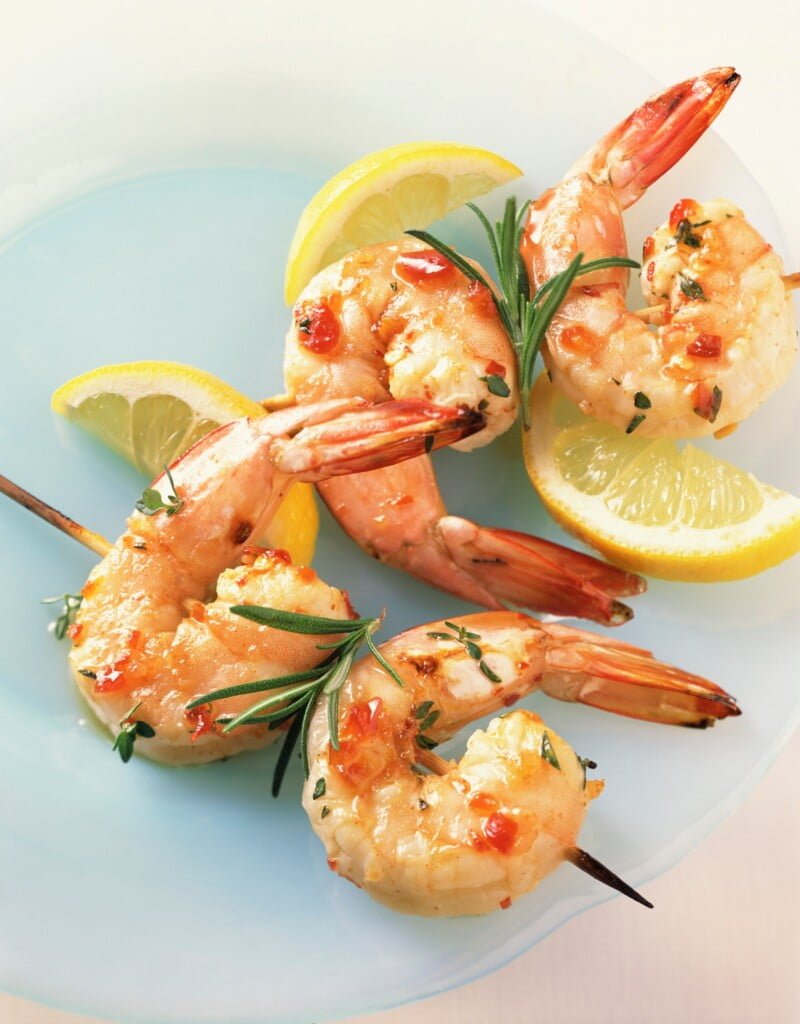
These tiny crustaceans are loaded with protein. While shrimp are usually served as an appetizer (shrimp cocktail) or as a side dish (shrimp scampi), they can also be used for weeknight dinners. Fresh or frozen, both work well.
18. Black beans (8 grams of protein per ½ cup serving (cooked))
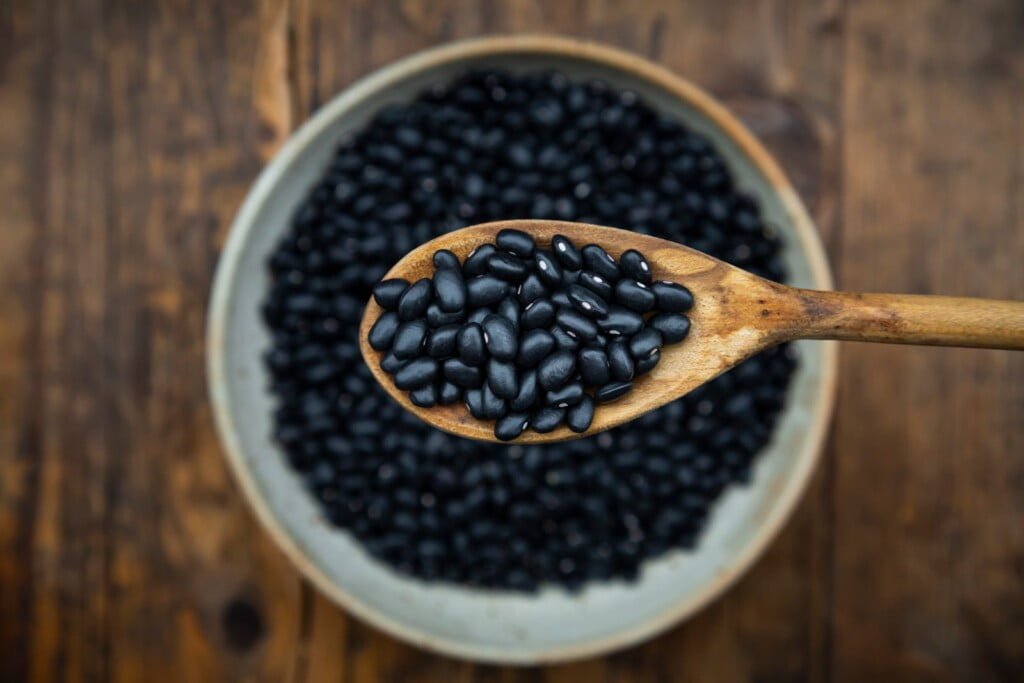
Black beans are often praised for their high fiber content (six grams per half cup). But this popular Mexican legume is also high in protein. Toss canned black beans into salads or chili for a protein-fiber double whammy.
19. Cow’s milk (8 grams of protein per 1 cup serving)
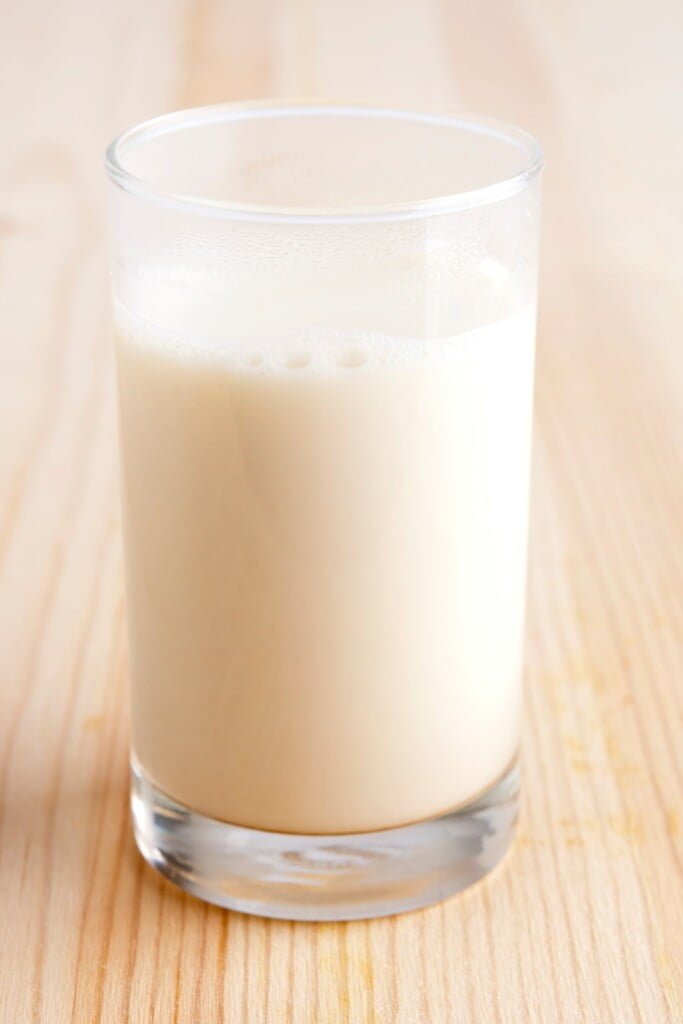
Plant-based milks have certainly encroached on dairy milk’s popularity in recent years, but it is still mostly liquid protein. Milk, whether it’s skim, reduced fat, whole, or chocolate, is high in calcium and vitamin D.
20. Turkey (26 grams of protein per 3 oz. serving (breast, cooked))
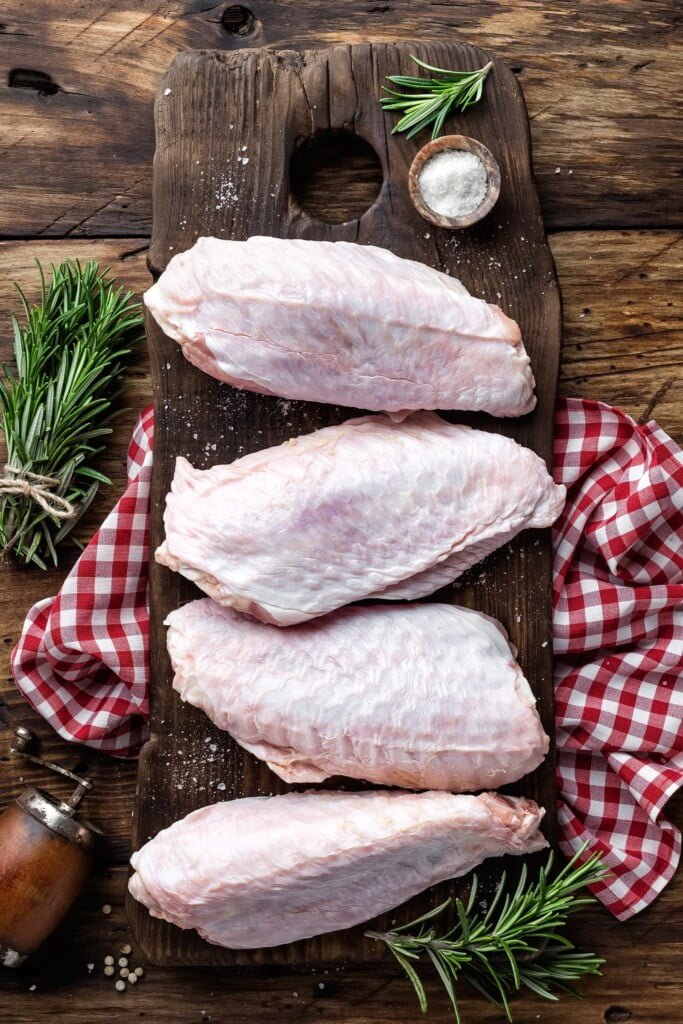
The juicy Thanksgiving star is a year-round protein source. If you don’t want to bake the whole bird, use ground turkey in burgers or stir-fries, deli slices in sandwiches, or diced breast in salads.

